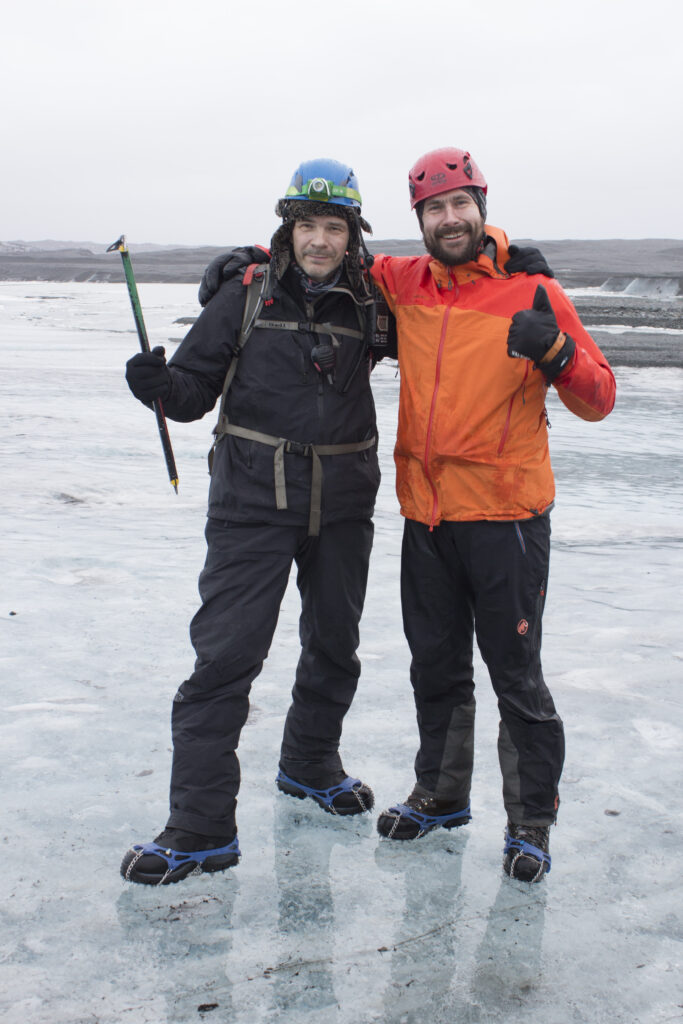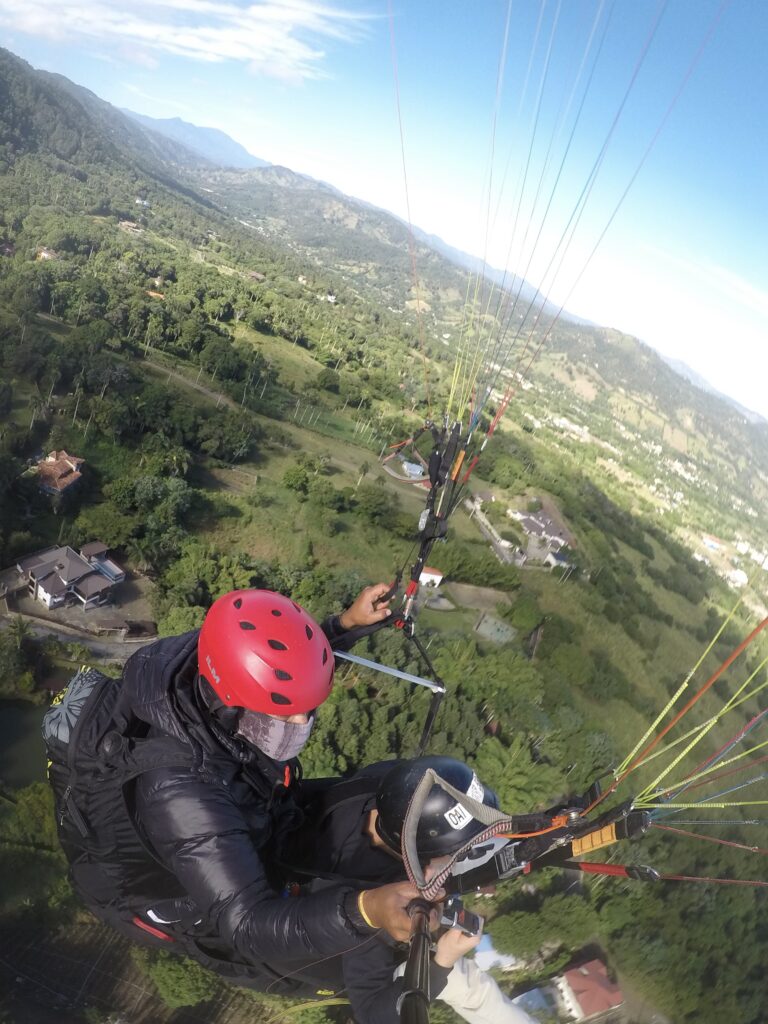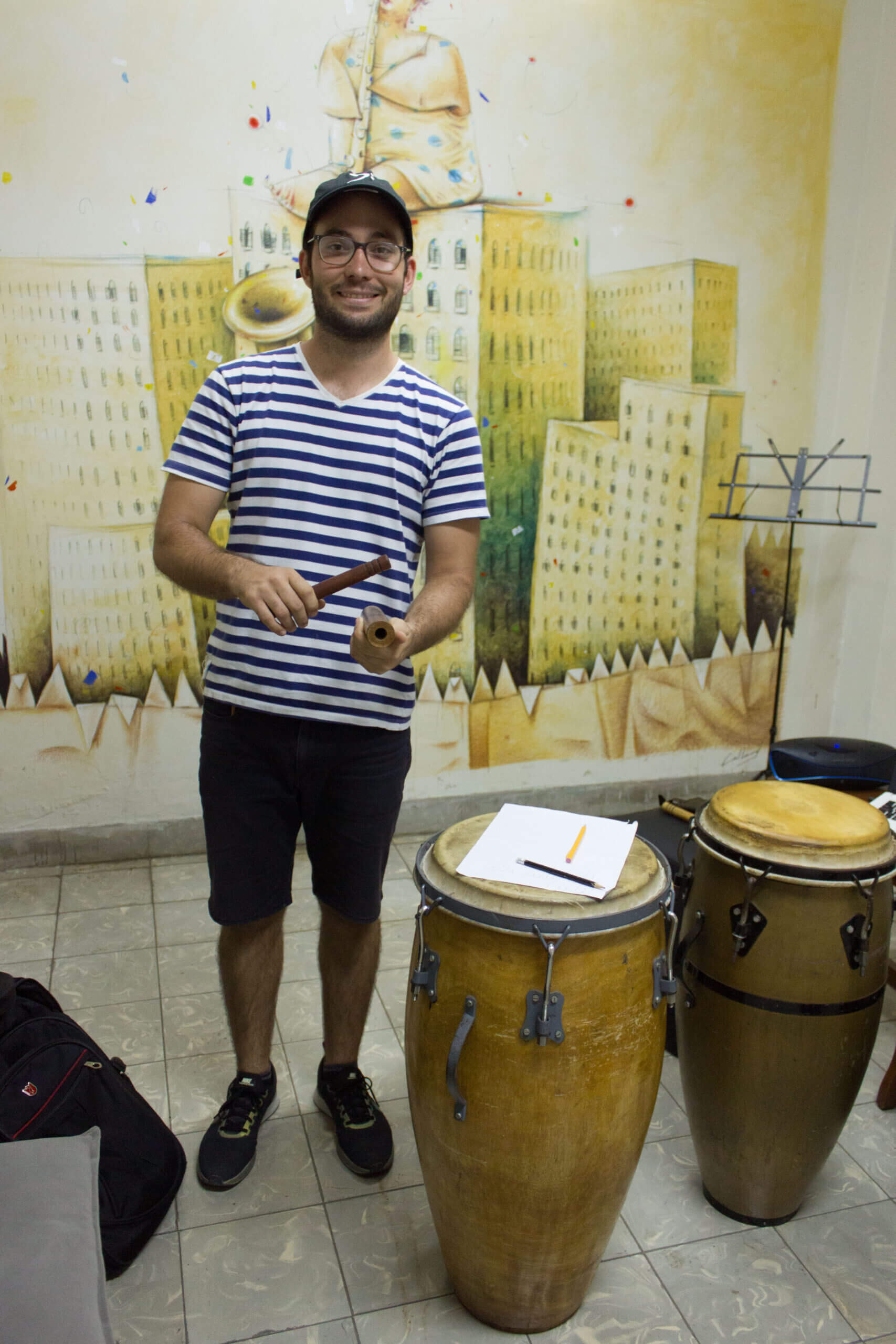Uplifting Strategies for Difficult Times and Travel Troubles
Welcome to our insightful blog post, where we delve into effective strategies for uplifting your mood during challenging times. Whether you’re grappling with feelings of depression or facing unexpected obstacles during your travels, this guide offers practical advice to help you navigate through these difficult moments with a positive outlook.
Section 1: Understanding Your Mood
Travel often brings unexpected emotional challenges. Recognizing and understanding your mood is crucial in managing these ups and downs. By tuning into your feelings and identifying what triggers them, you set the stage for a more enjoyable and balanced travel experience. Let’s explore how to do this effectively.
1. Recognize Your Feelings: The Power of Acknowledgment
- Validating Your Emotions: It’s crucial to accept and validate your feelings. Whether you’re feeling sad, anxious, or frustrated, acknowledging these emotions is key to understanding yourself. Denying or suppressing feelings often leads to them manifesting in other, sometimes more harmful, ways.
- Breaking Down Barriers to Healing: By recognizing and accepting your emotions, you create a space for healing and self-compassion. This self-acceptance is a powerful tool in starting the journey towards emotional well-being.
- The First Step in Emotional Regulation: Understanding your emotions is essential for learning how to regulate them effectively. When you recognize how you feel, you can start to explore strategies for managing these emotions, such as seeking support, engaging in self-care, or adjusting your environment to better suit your emotional needs.
2. Identifying Triggers: Unraveling the Causes of Mood Changes
- Understanding External vs. Internal Triggers: Your mood can be influenced by external factors like a stressful work environment, relationship issues, or the challenges of travel, such as delays or cultural barriers. Internal factors might include health issues, sleep patterns, or personal beliefs and thoughts. Identifying these triggers helps in addressing them specifically.
- Patterns of Emotion: By identifying triggers, you may begin to notice patterns in your emotional responses. For instance, you might find that you often feel down after certain social interactions or during particular times of the day. Recognizing these patterns is crucial in developing coping strategies that are tailored to your specific needs.
- Empowerment Through Knowledge: Understanding what triggers your mood changes empowers you to take control. For example, if you know that crowded places trigger anxiety, you can plan your travel to avoid peak times, or if certain thoughts lead to feelings of sadness, you can work on cognitive strategies to address these thoughts.
- Preventive Measures: Identifying triggers also allows you to take preventive measures. If you know that lack of sleep affects your mood, you can prioritize getting enough rest, especially when traveling or during stressful periods.
- Building Resilience: Understanding and managing your triggers is not just about avoiding negative emotions but also about building resilience. The more you are aware of what impacts your mood, the better you can prepare and strengthen your emotional resilience against future stressors.
Section 2: Self-Care Strategies While Traveling
Traveling, with its unique set of challenges, demands special self-care strategies to maintain your mental and emotional well-being. Here’s how you can incorporate mindfulness, physical activity, and healthy eating into your travel routine:
1. Mindfulness and Meditation on the Go:
- Portable Practices: Engage in brief mindfulness exercises or guided meditations using apps on your phone. Even a few minutes can make a big difference.
- Mindful Moments: Find moments of mindfulness in everyday travel experiences – savor the flavors of a local dish, immerse yourself in the sights and sounds of a new city, or simply breathe deeply while waiting at the airport.
- Adapting to Your Environment: Use your surroundings to your advantage, whether it’s meditating in a quiet corner of a hotel room or practicing deep breathing while overlooking a scenic view.
2. Staying Physically Active:
Physical activity is not only vital for your physical health, but it also plays a significant role in enhancing your mood and overall travel experience. Here are some tailored ways to stay active while on your journey:
- Incorporate Walking: Opt for walking tours or simply explore new areas on foot. This approach allows you to truly absorb the sights and sounds of your destination, turning a simple walk into an adventure. Whether it’s discovering a hidden alley in a city or taking a scenic route in a rural area, walking is a perfect blend of sightseeing and exercise.
- Joining Active Tours: Engage in group activities such as hiking, biking, or even water sports like kayaking. These tours are fantastic for experiencing the outdoors and often lead you to breathtaking views and hidden gems of your destination. Plus, they provide a social aspect, allowing you to connect with fellow travelers and locals.
- Use Hotel Amenities: Take advantage of any fitness facilities your accommodation might offer. A session in the hotel gym, a swim in the pool, or a yoga class can be a great way to rejuvenate after a day of exploring or to kickstart your morning.
- Simple Exercises: Implement a routine of simple exercises like stretching, yoga, or pilates. These can be done with minimal space and equipment, making them ideal for a hotel room or a quiet spot in nature. They’re excellent for maintaining flexibility and reducing any travel-induced stress or fatigue.


3. Healthy Eating While Exploring:
- Smart Snacking: Carry healthy snacks like nuts, fruits, or granola bars to avoid resorting to less healthy options when hunger strikes.
- Hydration is Key: Always carry a water bottle to stay hydrated, especially important when you’re on the go.
- Balance Indulgence with Nutrition: While it’s tempting to indulge in local cuisine, try to balance it with nutritious choices. Opt for meals with fresh vegetables, lean proteins, and whole grains when possible.
Sugar and Fruit Odyssey: A Global Expedition of Flavors and Cultures
Section 3: Overcoming Travel Troubles
Travel can be unpredictable and sometimes challenging, but how you navigate these situations can significantly impact your overall experience. Here are strategies to help you effectively manage travel troubles:
- Stay Connected: Feelings of homesickness or isolation can be common when you’re far from home. Staying in touch with friends and family can provide a comforting link to your regular life. Utilize technology for video calls, messages, or social media to share your journey and stay connected. Additionally, engaging with fellow travelers or locals can create a sense of community and belonging, enriching your travel experience.
- Embrace Flexibility: Travel inevitably involves some unpredictability, such as delayed flights, lost reservations, or language barriers. Adopting a flexible attitude can turn these challenges into opportunities for adventure. Use unexpected delays to explore new areas or enjoy some unplanned downtime. If plans fall through, view it as a chance to discover something or somewhere new. Flexibility can transform potential frustrations into memorable parts of your journey.
- Finding Joy in Small Things: Travel offers unique experiences and joys – from tasting local dishes to experiencing different cultures. Cherish these moments, whether it’s enjoying a local street performance, navigating a new public transport system, or simply observing the hustle and bustle of a new city. These small experiences often become the most treasured memories of your travels.
Contacting Officials – A Practical Approach:
- Before Your Trip: Research and note down contact details for your country’s embassy or consulate in your destination. Also, familiarize yourself with local emergency numbers.
- Keep Important Documents Handy: Have copies (both physical and digital) of important documents like your passport, visa, travel insurance, and emergency contacts. Store these separately from the originals.
- In Case of Loss or Theft: If you lose important documents like your passport, contact the nearest embassy or consulate immediately. They can guide you through the process of obtaining emergency travel documents.
- Legal or Health Emergencies: In case of a serious health issue, contact local emergency services first. For legal troubles, after ensuring your immediate safety, contact your embassy for advice and assistance. They can provide a list of local lawyers and inform you of your rights under local law.
- Stay Informed: Keep an eye on travel advisories and local news for any developments that might affect your safety or travel plans.
Section 4: Seeking Support
Travel, while exciting, can sometimes be stressful or overwhelming. Seeking support during these times is crucial for maintaining your mental health and enhancing your travel experience. Here are ways to find and utilize support:
- Talk About It: Openly discussing your feelings and experiences can be incredibly therapeutic. If you’re facing challenges during your travels, don’t hesitate to reach out to friends or family. A phone call or message sharing your experiences, be they good or bad, can provide a sense of relief and connection. Remember, it’s okay to express feelings of frustration, loneliness, or anxiety. Sometimes, just verbalizing your feelings can lighten your emotional load and provide clarity or new perspectives.
- Digital Communication Tools: In today’s connected world, staying in touch is easier than ever. Utilize video calls, instant messaging, and social media to share your experiences and feelings with those you trust. These tools can be especially helpful when you’re in a different time zone or on the move.
- Joining Support Groups: There are numerous online communities and forums where travelers share their experiences and advice. Platforms like travel forums, social media groups, or even specific apps for travelers can be great resources. These communities can offer practical advice, emotional support, and a sense of belonging. They can be particularly helpful for solo travelers or those traveling for extended periods.
- Local Meetups and Activities: Many destinations have local meetups, social gatherings, or group activities that can be a great way to meet people. Platforms like Meetup.com, Eventbrite, or local tourism boards can provide information on such events. Engaging in these activities can reduce feelings of isolation and connect you with like-minded individuals who may share similar interests or have gone through similar experiences.
- Professional Support: If you’re experiencing significant stress or emotional difficulties, consider seeking support from a mental health professional. Many therapists offer remote sessions, which can be accessed from anywhere. Remember, prioritizing your mental health is as important as taking care of your physical health.
Assess Your Capability: A Guide for First-Time Solo Travelers
Section 5: Creative Outlets
Traveling opens up a world of creative inspiration and opportunities. Engaging in creative activities can not only be a fun way to document your journey, but it also serves as a therapeutic outlet to express your emotions and experiences. Here are some ways to tap into your creativity during your travels:
- Art and Music: Engage with local arts and music to immerse yourself in the culture of your destination. Attend local concerts, visit art galleries, or participate in art/music workshops. If you’re artistically inclined, bring a sketchbook or a portable instrument like a ukulele or a harmonica. Creating art or making music, whether inspired by your surroundings or as an expression of your inner feelings, can be incredibly satisfying and uplifting.
- Journaling: Keeping a travel journal is a fantastic way to document your journey. Write about the places you visit, the people you meet, and the experiences you have – both the highs and the lows. This isn’t just about creating a record of your trip; it’s about processing your experiences and emotions. Reflective writing can offer insights into your feelings, help you process challenging events, and celebrate the joys of travel. You can also get creative with your journal, adding sketches, tickets, photos, or anything else that helps tell the story of your adventure.
- Digital Storytelling: For those who prefer digital mediums, blogging or vlogging are great ways to share your journey with others and express yourself creatively. These platforms allow you to combine writing, photography, and videography, offering a dynamic way to document and share your experiences.
- Photography: Photography is a powerful way to capture the essence of your travels. Experiment with different styles and techniques to tell a story through your photos. It’s not just about capturing the perfect shot; it’s about seeing the world from a new perspective and finding beauty in unexpected places.
- Culinary Exploration: Engaging in culinary arts by taking cooking classes or attending food tastings can be a delightful way to connect with a culture. Cooking and tasting local dishes provide a sensory experience that is both enjoyable and enriching.
Conclusion
Dealing with depression or travel troubles can be daunting, but remember, these challenges don’t define your journey. With the right strategies, you can navigate through these moments and find joy and learning in them. We hope this guide assists you in finding brighter days, whether at home or on your travels.
Call to Action: We encourage you to share your stories and strategies in the comments. How do you boost your mood during tough times? Your experiences might inspire and help someone in their journey.
🚀 “Elevate Your Travel Experience! 🌟 Discover spectacular deals & destinations! 👉 click






0 Comments